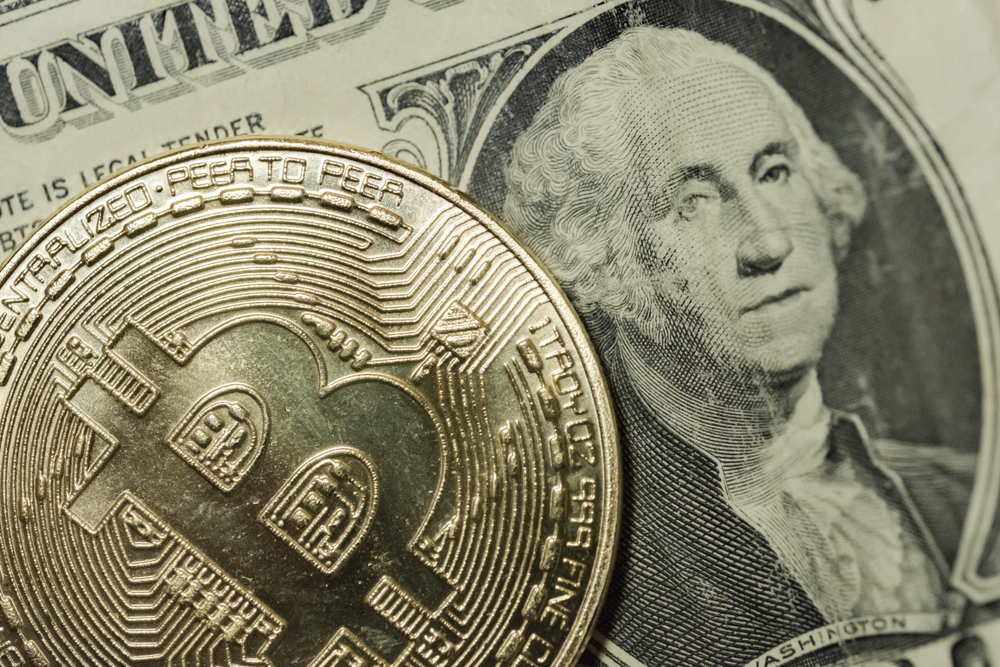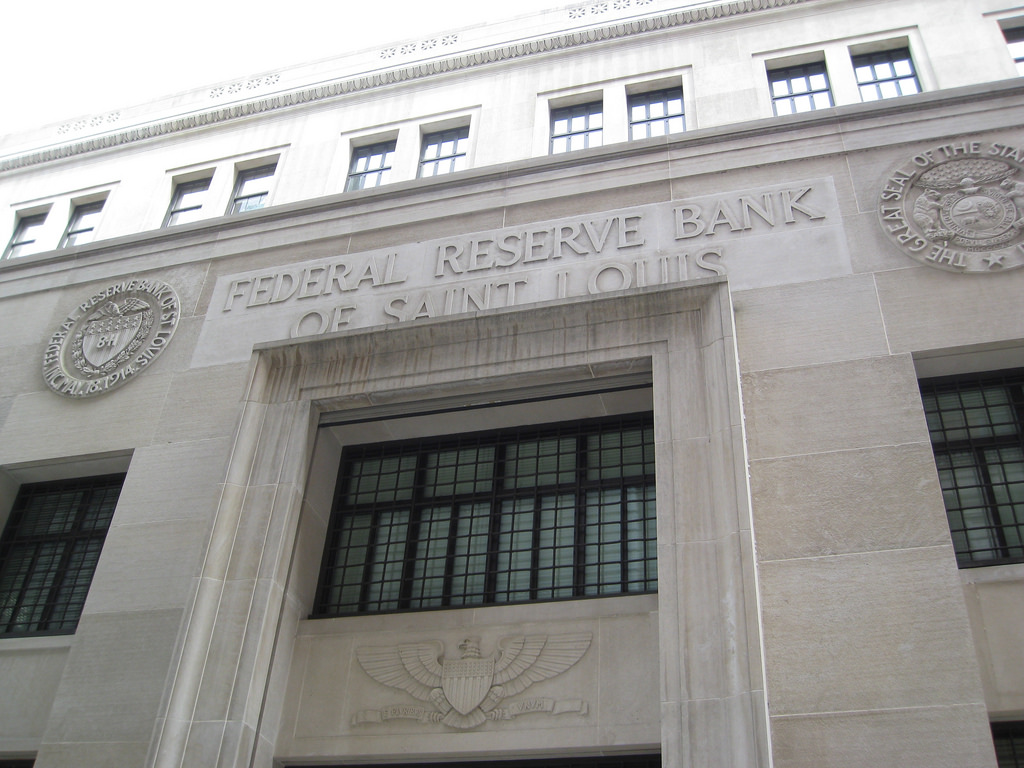Bitcoin is Cool: St. Louis Federal Reserve

Stablecoins often feature heavy trading volume against bitcoin on exchanges that do not list physical USD.
The Federal Reserve Bank of St. Louis has published another research paper validating bitcoin’s legitimacy as a currency, even when used as a tool to facilitate private transactions.
The report , which was written by economist Charles Kahn and published by the St. Louis Fed last month, examines the role of private payments in monetary systems.
Bitcoin a Legitimate Privacy Tool
Kahn argues that, beyond their attractiveness for illegal transactions, private payments serve important, legitimate functions in any monetary system, namely, “protection from malfeasance or negligence by counterparties or by the payments system provider itself.”
Traditionally, this payments niche was filled by cash, but cash is quickly being replaced by digital payments This, Kahn explains, does not mean that demand for private transactions will disappear; rather, he says that “the replacement of cash by central bank electronic money is likely to spur demand for alternative means of payments to solve specific privacy problems.”
One of those alternative payment systems is bitcoin:
“Thus there is a legitimate market for privacy of transactions. Bitcoin is in this market. The providers of stored value cards are in this market. To a certain extent, PayPal is in this market, as are the credit card companies with their tokenization programs for internet transactions. And government-provided currency is also in this market.”
But while third-party payment providers such as PayPal and credit card processors may provide users with privacy from their counterparties, they expose personal information to the system itself. Bitcoin, however, does not.
Kahn writes:
“One of the cool features of Bitcoin is its ability to permit transactions across the internet while maintaining privacy from the Bitcoin system.”
Public Won’t Trust ‘Digital Cash’ Issued by Govt.

Notably, the paper further argues that central banks should not attempt to create anonymous digital cash, as it is unlikely that the public will ever believe that the government would willingly create a digital currency that did not have backdoors.
“To believe that the CIA has imprinted paper currency with a technology enabling it to report hand-to-hand transactions is paranoia. To believe that spy agencies have backdoors to common computer programs is last week’s news,” Kahn wrote. “Generating trust in the privacy promises of a public payments authority’s new electronic money will be an extremely tall order.”
While several Federal Reserve branches have taken openly-hostile stances on cryptocurrency, this paper marks the latest in a series of statements that the St. Louis Fed has made suggesting that the bank is open to bitcoin’s growth as a financial instrument.
Earlier this year, for instance, the St. Louis Fed published a report praising anonymous cryptocurrencies, a remarkable stance for a central bank to take.
Previously, the bank published a blog post demonstrating the ways in which bitcoin is like “regular currency” and even added cryptocurrency price trackers to its economic research database.
Images from Shutterstock